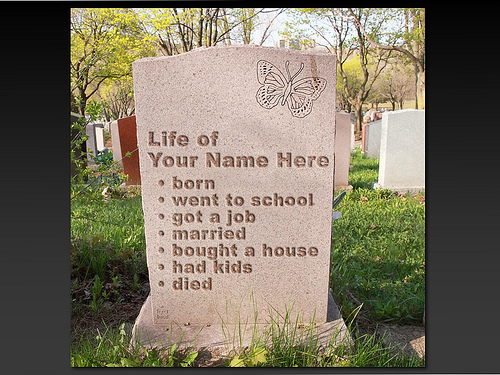In my new role as coordinator of learning enhancement, I’ve been thinking about providing enhancement on several levels, and focusing on these in particular –
- the provision of resources to help teachers provide opportunities for learning enhancement in their classes
- the education of teachers to change their practice so that they realise the powerful potential of a personal learning network (PLN)
- creating opportunities for passion-driven projects within the school
There have been a couple of major shifts already which I’m really pleased about. The first is the shift in ownership of my blog, Fiction is a box of chocolates. This year I have offered students who love writing to become co-authors of the blog. For me, this means stepping back to support these students from the back row, allowing them to drive and initiate the direction of the blog (which will have to be renamed as it increases its scope).
The second shift involves a move to introduce iPads into the classroom as tools for those who fall into the category of ‘learning enhancement students’. Now, don’t get excited. We’ve only agreed on purchasing a couple of iPads for the music faculty, but to me this a big win. I was pleasantly surprised that a meeting with those who call the shots with regard to technology in the classroom agreed to trial the iPads. The fact that one of our music teachers (Stuart Collidge) was completely on the ball with the potential of iPad technology made all the difference. Even in his initial thinking in an early email, it was clear that the iPads would definitely be an enhancement and not just extra technology:
As a conductor, I would have all my scores in it and work with it on the podium. As a brass teacher, I would have all of my performance repertoire that I would use with students in the studio. As an audio tech I have a bunch of apps that give me info about the room, acoustics, sound levels, remote controls for lighting and audio equipment. The most use seems to be the iPad as an instrument. The best uses are synthesisers and then using them to teach boys about synthesising sounds. As they are so visually based and easy to manipulate, it would be a good way of involving students. Some of the performance instruments invoke compositional ideas in different ways, and there are possibly ways of having individuals use them for performance projects. Certainly some of the VET Tech Production students should be putting their hands on these and seeing how they can drive sounds, automate performance, run backing tracks, manipulate sound for performances. I guess my perspective is that for $1000 plus cost of apps, I can own 8 or 10 instruments that would be worth a grand each to buy.
I hope that if we start small but think deeply about the creative potential of the iPads, we can inspire teachers from other faculties. Meanwhile I will start purchasing and playing with apps from other areas of the curriculum – so far I’ve focused on music and art.
Listening to Ewan McIntosh’s interview with Gever Tulley confirms for me that the introduction of iPad technology is not gimmicky and that, as educators, we should get our hands on an iPad and play with it in order to understand its potential in class,and also put it into the hands of our students.
“Gever feels that we’re finally seeing the integration of technology to the learning fabric of the school. The best programmes seem to be those where there’s a hands-off approach, where students are trusted to bring in and use their own devices and ideas. The iPad has become the companion of choice for youngsters on their learning journeys in this corner of California, where ad hoc, on demand research enrichens the experience and conversation that Gever and his collaborators have with the learners.
[youtube=http://www.youtube.com/watch?v=Dmm35OjxUFQ&feature=player_embedded]
In effecting change at my own school, two main obstacles come to mind:
- the discouragement of the use of students’ mobile technologies which would enhance their participation in and driving of their learning
- the need for teachers to book the internet for each class if they intend to use it
Cost has been quoted as the main reason for the internet connection restrictions. I can’t argue against this, but my problem with this setup is that teachers will book the internet primarily when students are doing a project. This divides learning into two – no internet access while teachers ‘teach’ and students listen passively, and internet only when the teacher steps back so that students can get the work done.
I would like to see students actively using the internet to clarify and research information while the teacher is teaching. We really need to give students the opportunity to think actively and drive their learning during class. I still see too much passivity in the classroom.


![Reblog this post [with Zemanta]](http://img.zemanta.com/reblog_e.png?x-id=23dc1b8a-d323-4ca3-9174-1a7851a0330d)